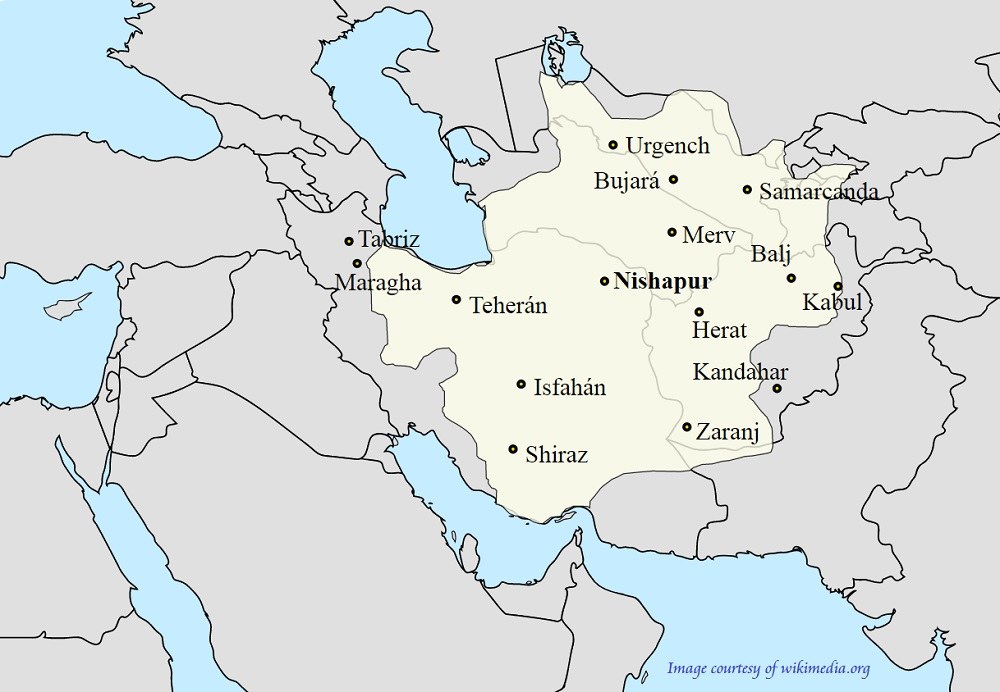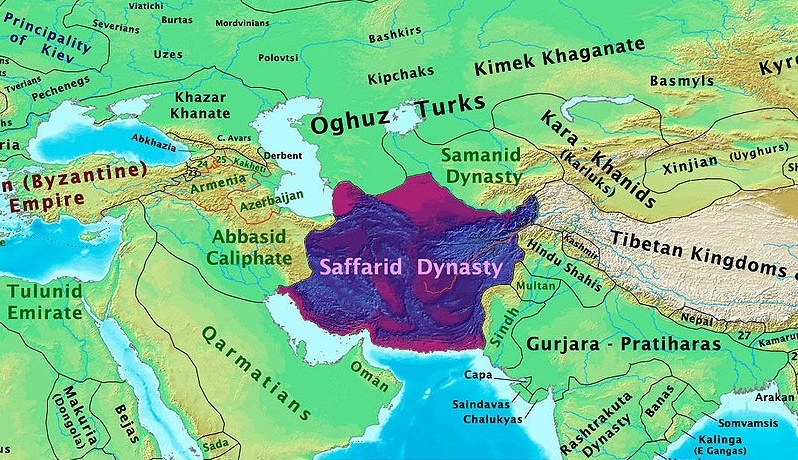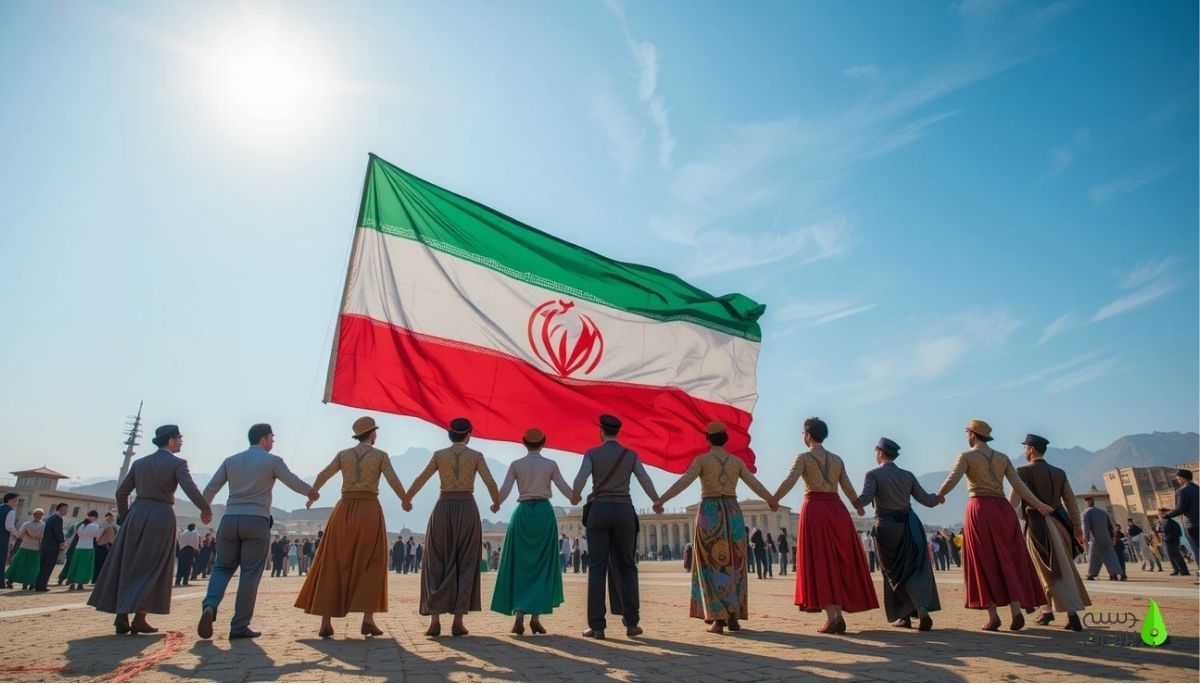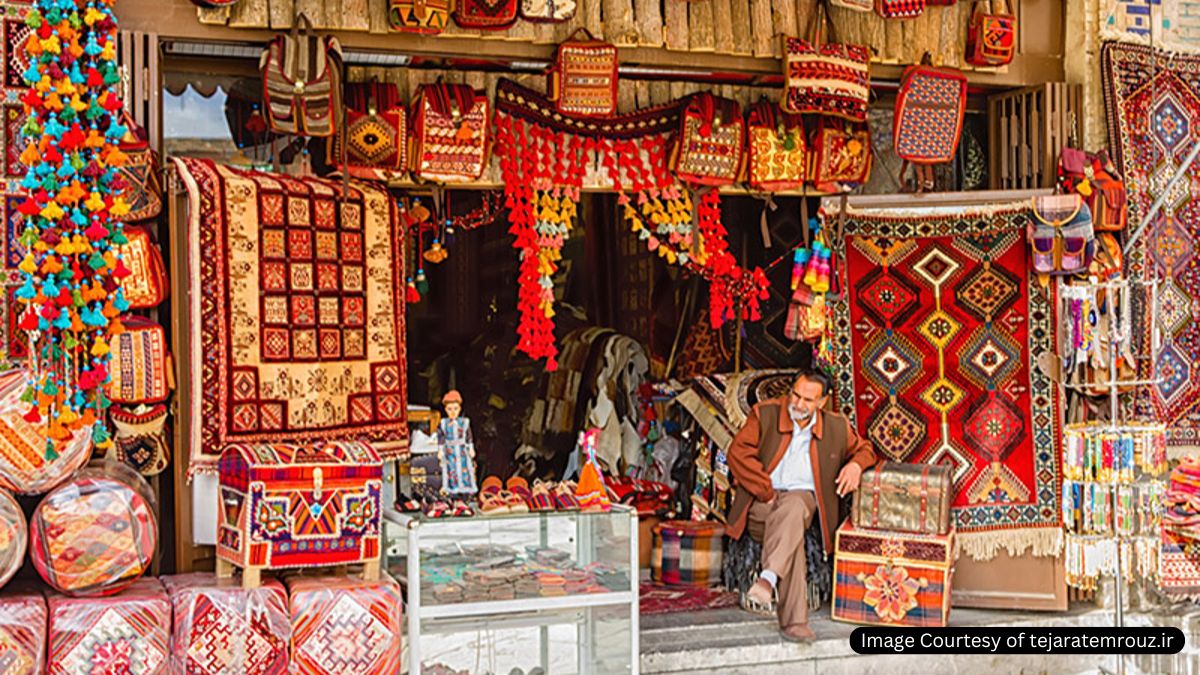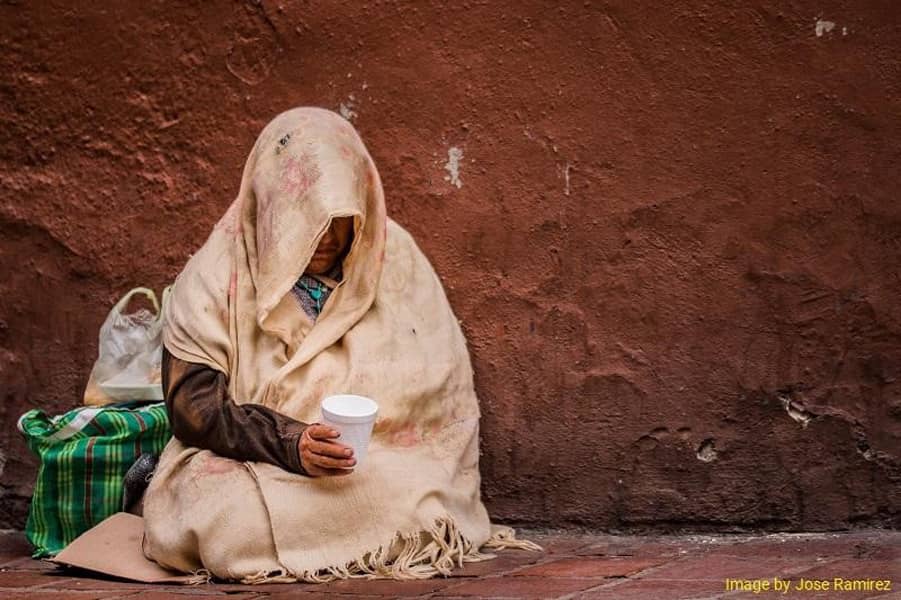
You must have been in a situation to help beggars. If opinionated viewpoints about the matter do not influence you, your emotions will be provoked first. This is entirely normal. So what should we do when beggars on the street approach us?
Is It Moral to Help Beggars?
The answer to this question depends on our definition of begging. Who is a beggar? Why are they begging for help? When these questions are answered, we decide whether to help the beggar.
Begging can be the consequence of multiple social issues. We do not intend to deal with these issues here. We should aim to practice responsible tourism principles when facing such a situation. A beggar may be begging in public for various reasons:
- real necessity
- Not financial need but psychological obsessions.
- Their family forced them to do this.
- An organized crime scheme forces them to do this.
- And …
But what about our feelings? What should responsible tourists do when they encounter such scenes on their trip? Different answers can be given to this question. We think one cannot pass by these people with indifference and have no interaction with them. This does not mean that we should immediately reach into our pockets and give them a sum of money. We can inquire about their needs and perform our responsibility by fulfilling them reasonably.
If the beggar is hungry, we can provide food for them. If they are thirsty, we can get them a drink. If they need clothing, we can give them our extra clothes or buy new clothing. Basically, what they need is not simply money. Money is a tool used to fulfill a need.
If a young girl or boy wants to provide food for their family, they need money for that. You can help provide some foodstuffs for their family. In this way, you have fulfilled your responsibility towards the needs of the person or people in the host community. You ask what if we are not able to do this? You can support them in some other way. For example, you can offer them the food you have with you. You should not talk to them with contempt, humiliate them, or give them advice instead of help.
What Does Responsible Tourism Have to Do with Helping Beggars?
Imagine you are on vacation. You may encounter street beggars along the way or even at your travel destination. They immediately notice that you are from another country and that you are a traveler. This is where you, as a responsible tourist, are expected to react appropriately.
If you are traveling to smaller tourist destinations or your appearance indicates that you are financially well-off, you will most like be approached by beggars. Young children may surround you in some areas and not even look like they are beggars. But they’ll ask you for things like:
- “Uncle, will you buy me a pen?”
- “Uncle, will you buy me some water?”
- “Auntie, will you pay me to buy food?”
- And…
Basically, they are begging for help. Maybe their family has not explained this issue to them. Maybe these children themselves are doing it on their own. Maybe they have received things for free and are now used to it. They probably won’t call it begging even if they know what begging is.
Responsible tourism principles call for offering a good sentiment to the people of the host community. They should not think you are a bunch of travelers with pockets full of money that don’t care about their community. Poverty is a social reality that you will encounter during your journey. At the same time, you are not responsible for fixing it or finding a solution. But that doesn’t mean you can forget your social responsibility and only focus on your experience.
If you, as a responsible tourist, react appropriately in such situations, you will create a pleasant experience for those in help and make the community more welcoming to foreign travelers. But, if you act arrogant and condescending, humiliate the beggars, or try to educate them disrespectfully, the host community will reject you.
As a result, you will not promote sustainable tourism in that destination, and the natives of the host community will generally lose interest in hosting foreign travelers. This will harm the tourism industry, communal morale, and the country’s economy in general.
Apart from these, respectful and responsible behavior is one of the basic principles of the Responsible Tourism Charter.
What Do You Think About Helping Beggars?
Regardless of whether you are traveling or not, your decision to help beggars has social impacts. Do you think a responsible tourist will help beggars while traveling? Basically, does a responsible tourist have any duties? Please share your thoughts with us in the comments.



